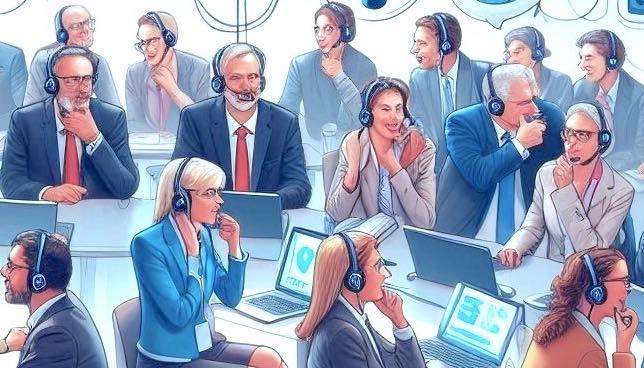
The Linux Foundation has announced the formation of the Agentic AI Foundation, bringing together Microsoft, OpenAI, Anthropic, and other major tech companies to advance open source development of autonomous AI systems.

Ryan Lufkin, the vice president of global strategy for Instructure, examines how the focus on AI in education will move from experimentation to accountability.

We asked education-serving industry leaders to weigh in on how developments in AI and ed tech will impact colleges and universities in the coming year. Here's what they told us.

Data protection platform AvePoint has launched a command center to help organizations monitor artificial intelligence agents, addressing security risks and rising expenses as organizations deploy more automated AI tools.